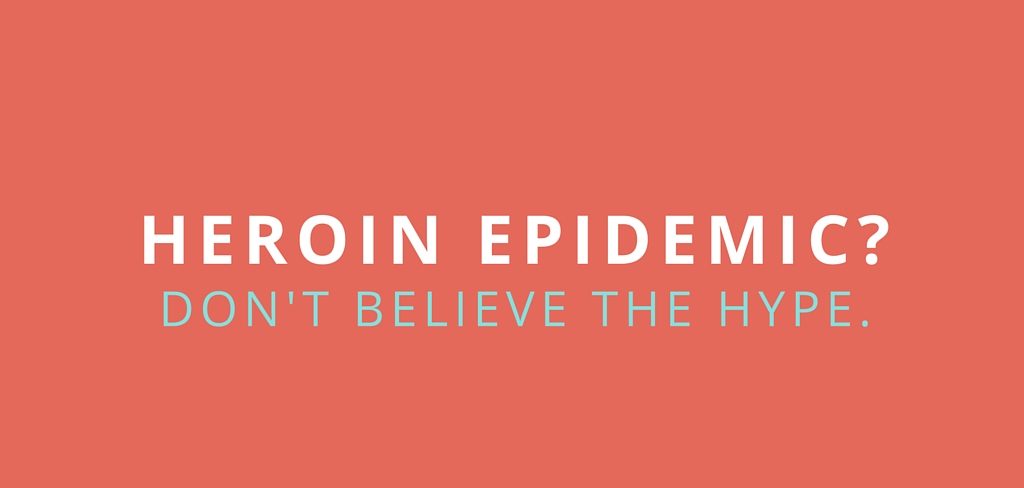The New York Times asked me this question:
Should Opioid Training for Doctors be mandatory?
Below is my response.
Consistent with the long American tradition of avoiding the real issues when it comes to euphorigenic drugs, mandatory opioid training for physicians serves as another fantastic distraction but does not address the real problems.
The major concerns related to prescription opioids are overdose deaths and addiction. While it is possible to die from an overdose of an opioid alone, this is rare. Only about a quarter of the thousands of opioid-related deaths each year occur as a result of a single drug.
Combining an opioid with another sedative such as alcohol or a benzodiazepine causes many of these deaths. Public service announcement campaigns are needed with a clear message:
Don’t combine opioids with other sedatives!
In addition, the opioid overdose antidote naloxone should be made readily available to patients who are prescribed opioids. Naloxone now comes in multiple forms, including nasal spray, making it easier for family members, friends and caregivers to administer.
A less publicized but related concern is acute liver failure. Popular prescription medications Percocet, Vicodin and Tylenol 3 all contain a relatively low dose of an opioid in combination with a considerably larger dose of acetaminophen.
Excessive acetaminophen exposure is the leading cause of acute liver failure in the United States. Some individuals, seeking a heroin-like high, unwittingly risk liver damage by taking too many of these pills.
The problem here is not the opioid; it’s the acetaminophen.
Acetaminophen should be removed from opioid formulations. In the meantime, users need to be made aware of this potential fatal outcome.
Watch morphine and heroin are same drug & other opioid facts.
“To be clear, the vast majority of opioid users do not become addicts, but a small number do.”-Dr. Carl Hart
To be clear, the vast majority of opioid users do not become addicts, but a small number do. One’s chances of becoming addicted increases if they are young, unemployed and have co-occurring psychiatric disorders. That is why, it is critically important to conduct a thorough assessment of the patient prior to prescribing opioids, paying particular attention to these factors.
The proposed training will not address these concerns. It will, however, place an additional burden on physicians. This will, in turn, decrease the number of physicians willing to prescribe these medications; thereby making it more difficult for patients to obtain opioids when medically indicated.
Furthermore, it has been well documented that physicians are less likely to prescribe opioids to blacks than to whites. This effect will certainly be exacerbated if the required training is implemented.
Mandatory opioid training for physicians serves as another fantastic distraction but does not address the real problems.”-Dr. Carl Hart
If we stay focused on data and the real issues, we can tailor our inventions to enhance public health and safety while decreasing the likelihood of racial discrimination.
Originally posted in New York Times
